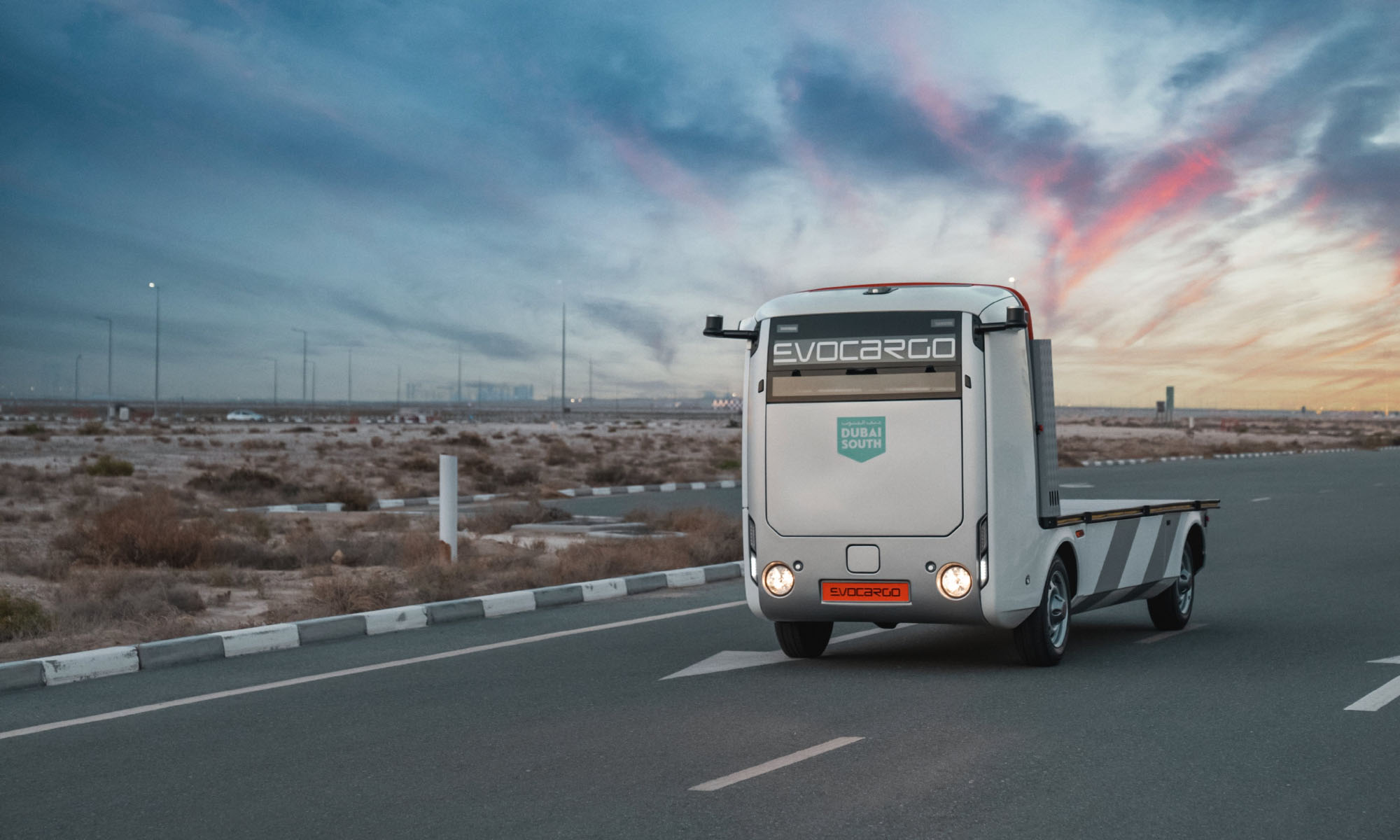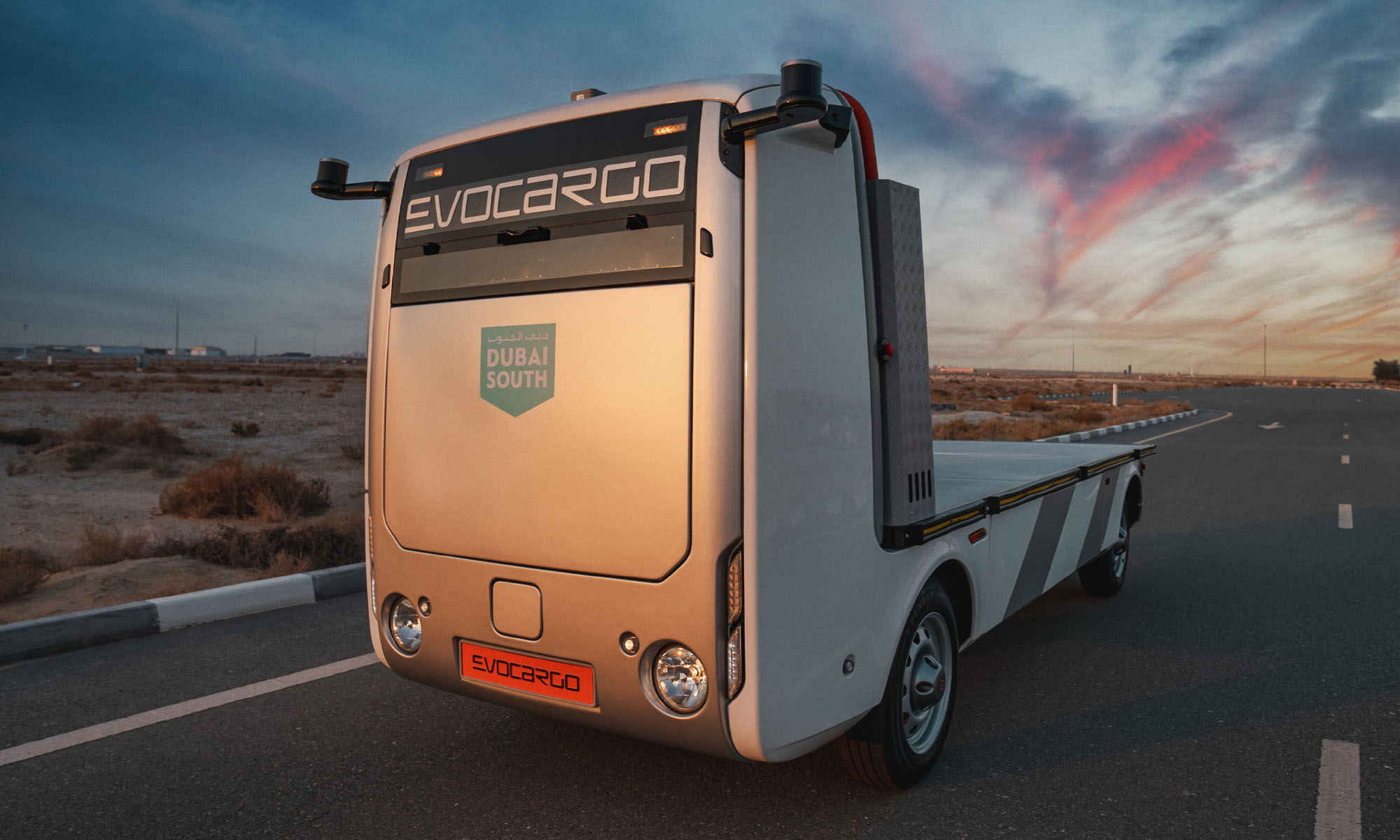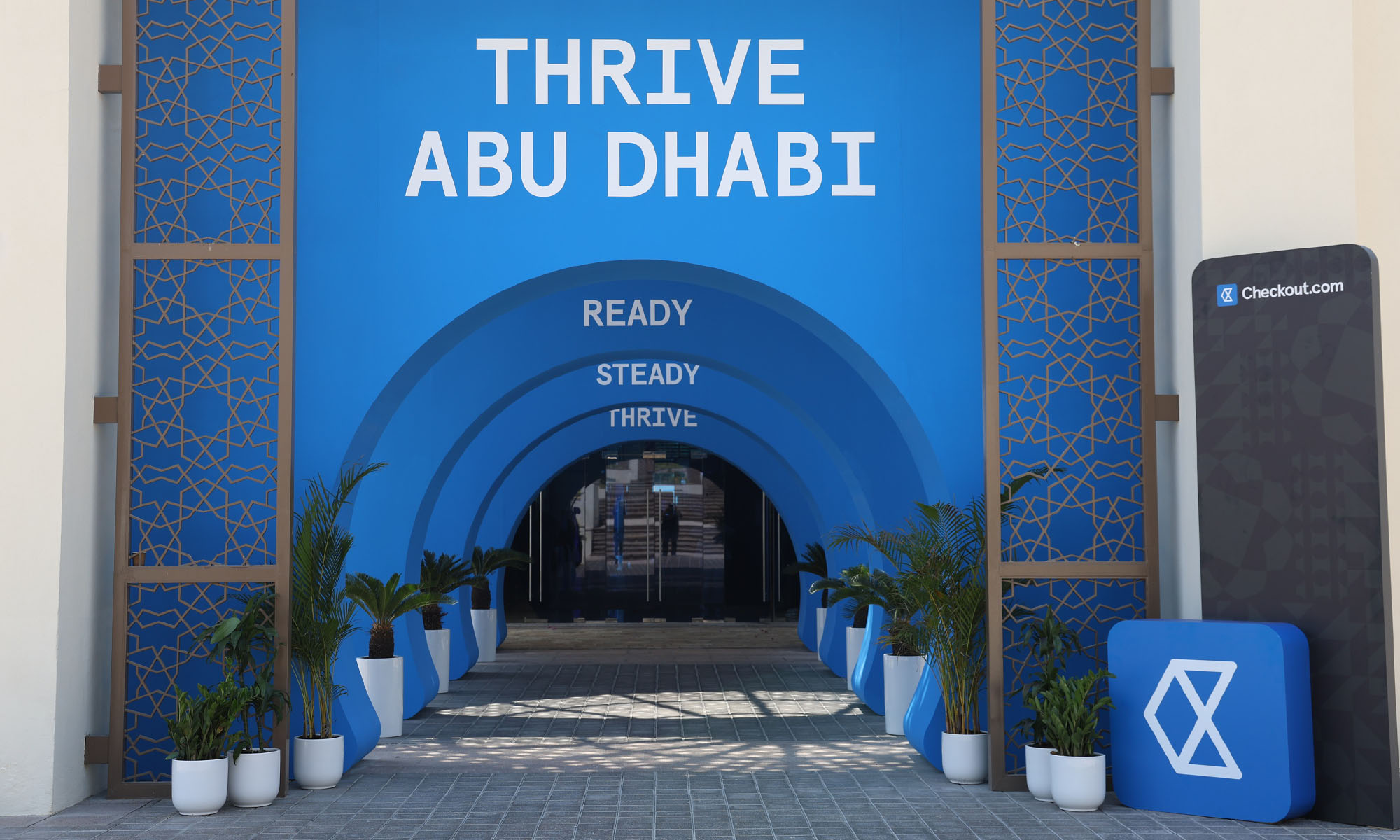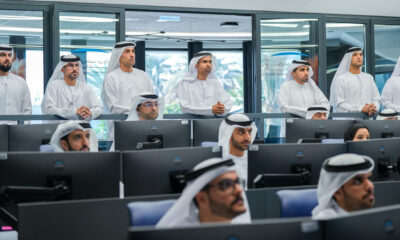News
UAE Prepares To Trial First Driverless Truck At Dubai South
The tests will be conducted at the Logistics District and will help manufacturer Evocargo optimize the vehicles for the MENA region.

Dubai South, an urban master developer focused on aviation and logistics, has agreed to host a testing program for driverless trucks, which will be undertaken by Dubai-based firm, Evocargo.
The rigorous tests will take place at the development’s Logistics District and help to create a fleet of vehicles specifically configured for the climate and conditions of the Middle East and North Africa.
An on-site control facility will be built to manage the autonomous trucks, using remote operators and banks of sensors to monitor progress. The initial trials are aimed at “setting new benchmarks and consolidating the leadership status of the country’s logistics sector” and will help Dubai and the region as a whole to scale its logistics and supply chains for a globally-connected future.
Also Read: Dubai’s DMCC Gaming Centre Adds To A $1.8B Industry
The worldwide autonomous vehicle industry is forecast to pass $1.8 trillion in value by 2030, which represents a staggering growth rate of 39%. The UAE has already undertaken several initiatives to bring driverless vehicles to its roads as part of a broader push toward sustainability and modernization.

As for the Evocargo vehicles, the company’s main truck, the EVO.1, has a lifting capacity of 2,000 kg and can carry six Euro-pallets at 25 kmph. The light truck has a total range of 200 km and can charge from flat in 40 minutes using a special charging station — or up to 6 hours from a regular outlet.
Evocargo’s Dubai South tests will be the company’s first venture into autonomous vehicles as part of a global logistics network, and represent a significant milestone for Dubai as it continues to lead the region as a city of technological innovation.
News
Checkout.com Set To Launch Card Issuing In The UAE
The payment service provider’s expansion is a first-of-its-kind investment and could reshape digital transactions across the region.

Checkout.com is laying the groundwork to become the first global payments platform to introduce card issuing in the United Arab Emirates — a move that could reshape how businesses in the region manage financial transactions.
The company plans to roll out its domestic card issuance offering in the UAE by 2026, subject to regulatory approval. The launch would give businesses the tools to issue both physical and virtual branded cards. This, in turn, opens up new ways to reward customers, streamline expense processes, and handle B2B payouts efficiently.
Checkout.com’s CEO and Founder, Guillaume Pousaz, revealed the plans during Thrive Abu Dhabi, the firm’s debut conference in the Emirates. Joined on stage by Remo Giovanni Abbondandolo, General Manager for MENA, Pousaz presented to an audience of over 150 partners and merchants at Saadiyat Island. Also in attendance was H.E. Omar Sultan Al Olama, the UAE’s Minister of State for Artificial Intelligence, Digital Economy, and Remote Work Applications.

Abbondandolo highlighted the strategic importance of the announcement: “As a global business, we focus on bringing products to markets that our customers want and need. Today’s announcement is proof of our commitment to the MENA region and its rising influence in the digital economy. The appetite for innovation here is real, and we’re proud to be building the infrastructure that powers it”.
One early adopter of Checkout.com’s UAE acquiring services is Headout, a travel experiences marketplace, which recently named the payment provider as its main partner in Europe. The company has already begun card issuing there and is keen to expand that offering into MENA once approval is granted.
The expansion of services in the UAE and beyond builds on Checkout.com’s track record in the region. It was the first global payments firm to secure a Retail Payment Services license from the UAE’s Central Bank and was instrumental in rolling out Mada and Apple Pay in both the UAE and Saudi Arabia.
Also Read: Protecting Your WhatsApp Account From Hackers: Kaspersky Expert Tips
The firm has also been rolling out new products: One of the latest is Flow Remember Me, currently in beta testing. It allows shoppers to store their card information once and access it across Checkout.com’s entire network, potentially cutting checkout times by up to 70%.
Earlier this year, Checkout.com also introduced Visa Direct’s Push-to-Card solution in the UAE, enabling both domestic and international payouts. Its collaboration with Mastercard has grown as well, making it easier for businesses to send funds directly to third-party cards securely and quickly.
With regional tech ambitions on the rise — spurred by initiatives like Saudi Arabia’s Vision 2030 and the UAE’s 2031 Agenda — Checkout.com sees its role as one of a key enabler. “Our mission is to help ambitious businesses navigate the complexity of payments, so they can move faster, go further, and make the most of every opportunity,” said Abbondandolo. “In MENA, performance is personal. It’s local. It’s built on trust. And when payments perform, businesses thrive”.























